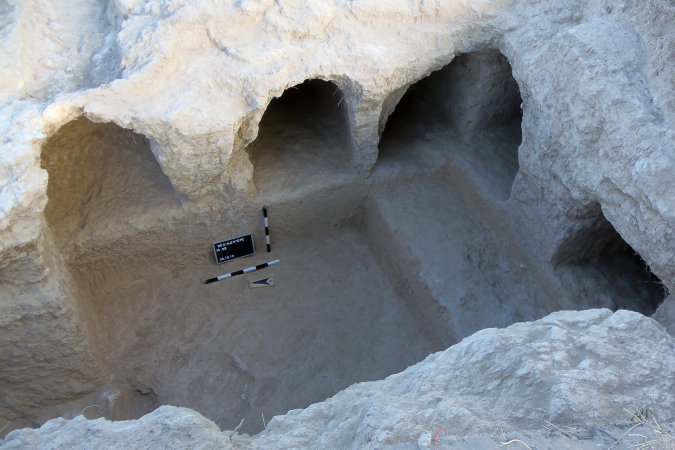Classical Archaeology

Classical Archaeology is a historic discipline, which deals with the remains of antique cultures in the Mediterranean region from around 1500 B.C. to 500 A.D. Traditionally, its emphasis lies within the Greek and Roman cultures in Italy, Greece and Turkey. However, recently, its focus has shifted towards neighbouring cultures and the exchange processes in different regions of the Mediterranean Basin and adjacent areas. In an attempt to achieve an extensive reconstruction and interpretation of the ancient World, classical archaeologists use a wide array of methods. Among them include visual cultural studies as well as settlement archaeology and archaeological landscape surveys (excavations and surveys). Classical Archaeology also uses scientific methods (archaeometry) and cooperates closely with related academic disciplines such as pre- and early history, ancient history and classical philology as well as art history.
Studying in Bochum
At the Ruhr-Universität Bochum classical archaeology can be set as a focus during undergraduate studies (Bachelor of Arts) within archaeological studies.After the achieved bachelor in archaeological studies, a master’s programme in classical archaeology can be gained. Subsequently a doctorate in the same subject area may be achieved. The Institute of Archaeological Studies also offers a masters courses in prehistoric archaeology and another in economic and natural resources archaeology. There is also an option to attain a doctorate in prehistoric archaeology.
Special features in research and teaching
A distinctive feature of the research and teaching within classical archaeology at Bochum is scrutiny of the so-called periphery of the Greek and Roman world. Apart from the traditional field of interest, the discipline of classical archaeology also focuses on the archaeology of the Greek and Roman Near East, Phoenicians and Etruscans.Throughout the syllabus of archaeological studies, undergraduate studies include the application of scientific methods to answer archaeological issues (archaeometry), which is an important factor in this area of study. The Institute of Archaeological Studies undertakes a range of field studies in which students are included. Among these projects, some are in the Mediterranean area including Jerash/ Jordan as well as Miletus and Nicaea/ Turkey.
